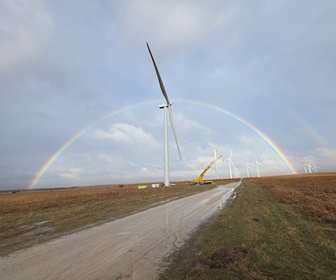The Lloyd’s Register Technology Radar – Low Carbon examines the outlook for renewables, nuclear, grid and infrastructure, and energy storage. The research sought the insights and opinions of leaders across the sector, as well as the views of almost 600 professionals and experts around the world.
Key findings include:
- Low carbon generation technologies are cost competitive. 70% of renewables respondents say that renewables are now reaching cost parity with fossil fuels.
Solar cell technology is likely to have a major impact, and soon. Renewables respondents are most optimistic about the potential of advances in solar cell technology - and the likelihood of adoption. - Software advances will be instrumental in transmission and distribution. They are seen by respondents as the innovation that will be the quickest to arrive and the most likely to be adopted. Blockchain could reshape the way we think about the transmission and distribution of power by enabling a new era of peer-to-peer low carbon generation.
- It is electrical technologies that will transform storage, rather than mechanical storage or chemical technology innovations. In particular, respondents expect supercapacitors, which will rapidly speed up charging times for large batteries, to have the greatest impact on storage.
- Deployment is a major barrier. Implementation of technology in renewables is hindered by deployment, which faces its own distinct challenge. However, 71% of respondents agreed there had been an increase in the scale of deployment of renewable energy sources.
- Standardisation as a much-needed development for the low carbon sector. Industry experts agree that regional and global consensus on regulations could speed up deployment and further reduce costs.









